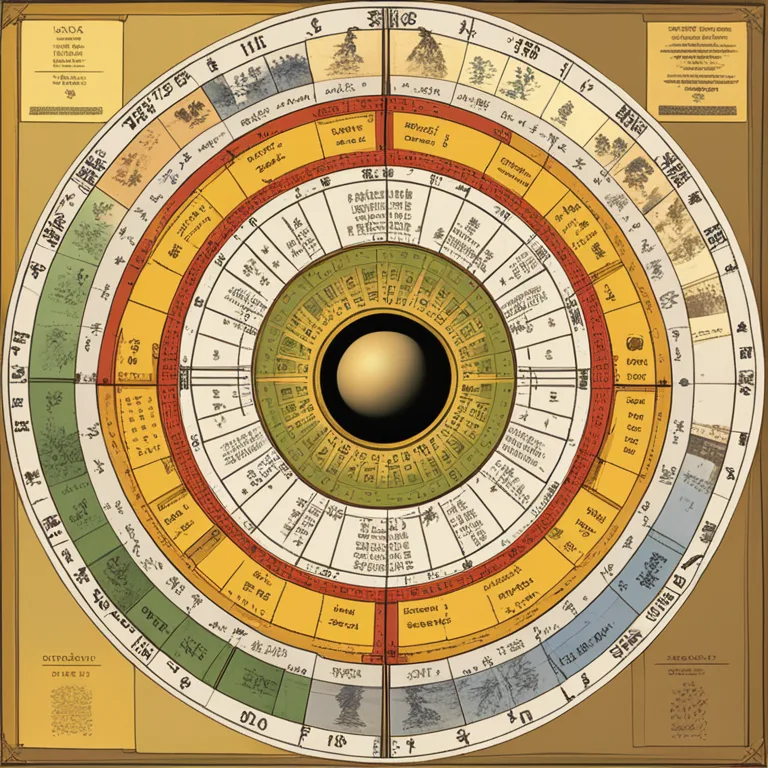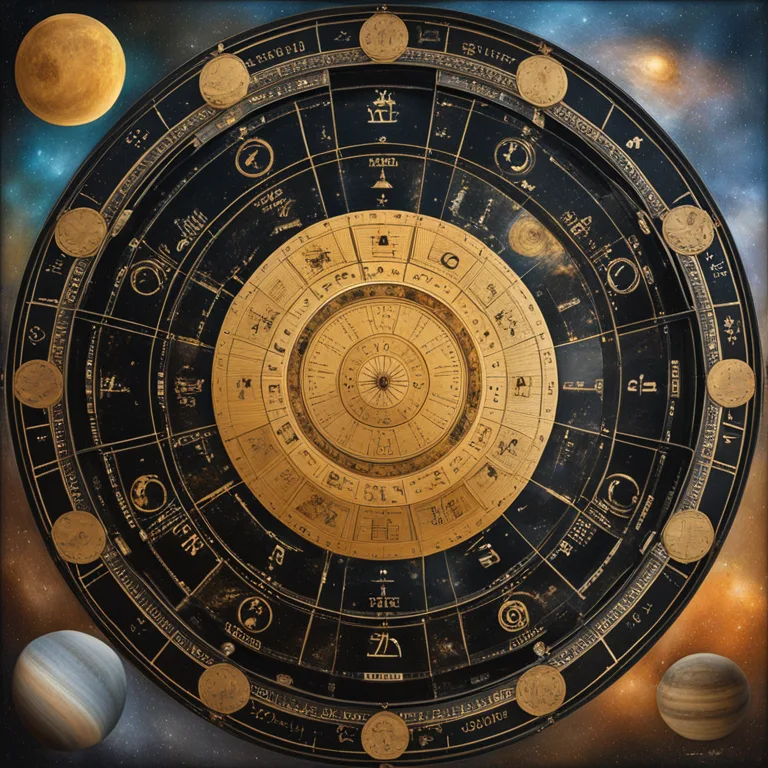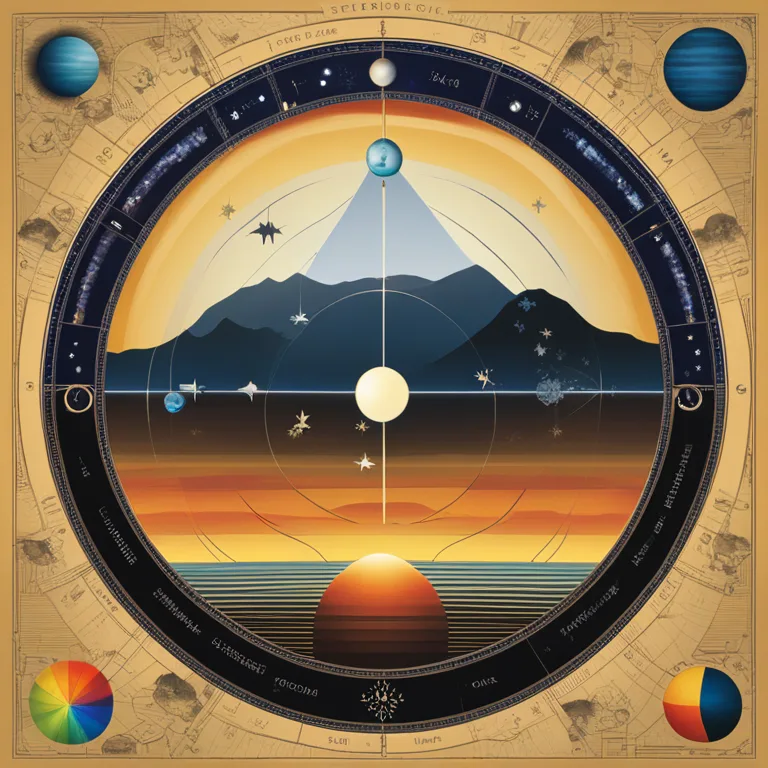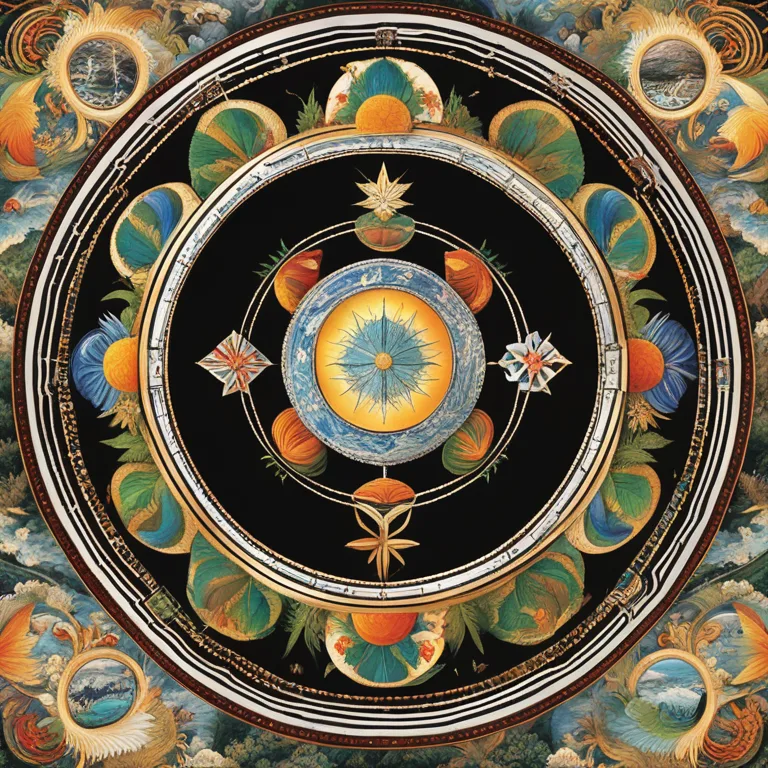
The Quest for Precision in Birth Charts
Delve into the intricacies of astrological birth charts and discern which one offers greater accuracy for enlightening personal insights.
article by Priya Deshmukh
Birth Chart Basics
In the vast and mystical realm of astrology, the birth chart stands as a cosmic map of the sky at the precise moment of one's birth. Within the circular chart, planets, zodiac signs, and the houses they occupy weave an intricate narrative of potential traits, experiences, and life paths. The birth chart's accuracy pivots on the precise time, date, and location of birth, forming the foundation for all astrological predictions and personality profiles. The cornerstone of astrology is this intricate illustration of celestial influence.

Tropical Versus Sidereal
Two dominant zygosystems paint contrasting portraits of the heavens: the Tropical and Sidereal zodiacs. The Tropical zodiac, used primarily in Western astrology, is based on the seasons, with the vernal equinox fixing the first degree of Aries. Conversely, the Sidereal zodiac, favored in Vedic astrology, anchors its measurements to fixed stars, resulting in a shifting perspective due to the precession of equinoxes. Thus, a debate lingers: which system better captures the celestial imprints on our terrestrial lives?

Accuracy in Calculation
Delving into details, Tropical astrologers argue that their system's alignment with the seasons makes it more relatable to human experiences, offering universally pertinent insights. Sidereal advocates counter this claim by emphasizing the constellations' actual positions, purportedly embodying a more 'true-to-sky' foundation. However, one's preference for the Sidereal or Tropical system may inevitably hinge on personal resonate and cultural context.

House Systems and Accuracy
Compounding the complexity are varied house systems - Placidus, Whole Sign, Porphyry, to name a few - each slicing the celestial sphere into 12 domains differently. Proponents of the Whole Sign system acclaim its simplicity and historical lineage, whereas Placidus enthusiasts highlight its dynamic reflection of an individual's experience through time and space. The choice of house system further influences a birth chart's nuance and, therefore, perceived accuracy.

Considering the Human Element
Amidst this celestial calculus, the human element cannot be overlooked. The astrologer's interpretive skill adds a layer of subjectivity that no chart can quantify. Intuition plays a pivotal role in deciphering the intricate language of the stars, making the 'most accurate' chart also a matter of practitioner expertise. Thus, a synergy between stellar positions and human perception emerges as the ultimate guide to astrological precision.
The Verdict on Accuracy
In the pursuit of the most accurate birth chart, one finds that neither system claims absolute supremacy. Instead, each offers a unique lens through which to view the skies and our selves. As the practice of astrology continues to evolve with astronomical discoveries and personal interpretations, seeking a chart that resonates with your individual journey becomes paramount. Whichever system you opt for, ensure it aligns with your quest for self-knowledge as the cosmos continue to unveil their secrets beyond 2024.
Published: 12/27/2023
Modified: 12/27/2023
More predictions
Come back here soon to learn more about yourself and your future


Your Birth Chart: A Short Guide
Dive into the basics of reading a birth chart wheel with our step-by-step guide, and begin the journey to uncovering the astrological insights of your life.


Scorpio's Birth Chart Insights
Delve into the intricate celestial blueprint of a Scorpio. This article offers a detailed guide to understanding a Scorpio's birth chart and astrological influences.


Astrology: The Essentials of Birth Chart Analysis
Delve into the fascinating elements of birth chart analysis to grasp the profound insights astrology offers into personality, destiny, and life paths.